Whether you’re a first-time buyer, a curious investor, or just exploring career possibilities, real estate is a fascinating, although sometimes complex world.
From understanding the market to navigating legalities and financing, there’s a lot to take in.
The real estate in Montenegro is a gold mine, from sleepy fishing villages turning into luxury resort towns to mountain properties suddenly becoming hot commodities. There's definitely money to be made here if you know what you're doing.
If you’ve been wondering, what is the most important thing to know about real estate? Or what is the real estate business really about? This guide will walk you through everything you need to know about real estate.

What Is Real Estate Business?
At its core, the real estate business revolves around the buying, selling, leasing, and management of properties.
But let's be real for a second. Real estate isn't just about buying low and selling high anymore. Especially not in Montenegro, where the rules keep changing faster than the weather.
In Montenegro, real estate has become a cornerstone of the economy thanks to its tourism-driven growth, coastal charm, and welcoming policies for foreign investors.
For many, entering the real estate business can mean working as an agent, developing property, investing in rental properties, or managing properties on behalf of others.
What is the Most Important Thing about Real Estate?
The most important thing about real estate is the location. But it's more nuanced than clichés suggest
No matter how beautiful a property is, its value depends heavily on where it’s located. Proximity to amenities, transport links, and demand in the area all influence price and future appreciation.
In Montenegro, for example, a house located in a village you’d never heard of, about an hour from Podgorica, might mean nothing. But suddenly the government's planning a new highway that'll cut travel time to the coast in half. Now this house in the middle of nowhere will be considered a premium property.
Understanding local trends and what buyers or renters want in a location is crucial to success.
That's the thing about location in Montenegro, it's not just about where you are today. It's about where the country's heading.
Everything from the EU accession talks to the new airport routes matters. They change everything. Even if a luxury hotel chain is deciding to build nearby, your property value will get a nice bump.
Take Kotor, for example. Twenty years ago, you could buy waterfront property there for less than half of what you pay today. The location was always beautiful, but the infrastructure, the international recognition, and the tourism boom is what turned beautiful into valuable.
What Are the 4 Types of Real Estate?
Most people walk into real estate thinking it's all the same. It's not.
There are four completely different types of real estate, and each one has its own rules.
Residential Real Estate
Residential real estate is where most folks start, and it makes sense.
It’s the most familiar and includes houses, apartments, vacation homes, and condos.
In Montenegro, you’ll see everything from those Instagram-worthy stone houses in Perast to brand-new apartment blocks in Budva that smell like fresh paint.
The residential real estate here is heavily tied to tourism. Buy a decent place near the coast, rent it out to tourist families in summer and to the digital nomads in winter. It’s also particularly popular among retirees and expats looking for a sunny coastal lifestyle.
Commercial Real Estate
Commercial real estate is a different entity entirely.
These properties generate income through business activities. They include office buildings, retail shops, restaurants, and hotels.
The returns can be fantastic, but you need serious money upfront and patience for the bureaucracy.
Coastal cities like Budva and Tivat see a lot of interest in commercial spaces thanks to tourism.
Industrial Real Estate
Industrial properties might be less glamorous, but they’re essential for the economy and can generate stable returns. They include warehouses, manufacturing facilities, and logistics centers.
Industrial real estate is slowly growing in Montenegro as companies start realizing they can manufacture here for a fraction of what they'd pay in Western Europe.
Land
Land included undeveloped plots, agricultural land, and vacant lots.
Investors often buy land for development or speculation as areas grow.
Buy the right piece of dirt today and hold onto it while Montenegro develops around it. You can then sell it to a developer in ten years for ten times what you paid.
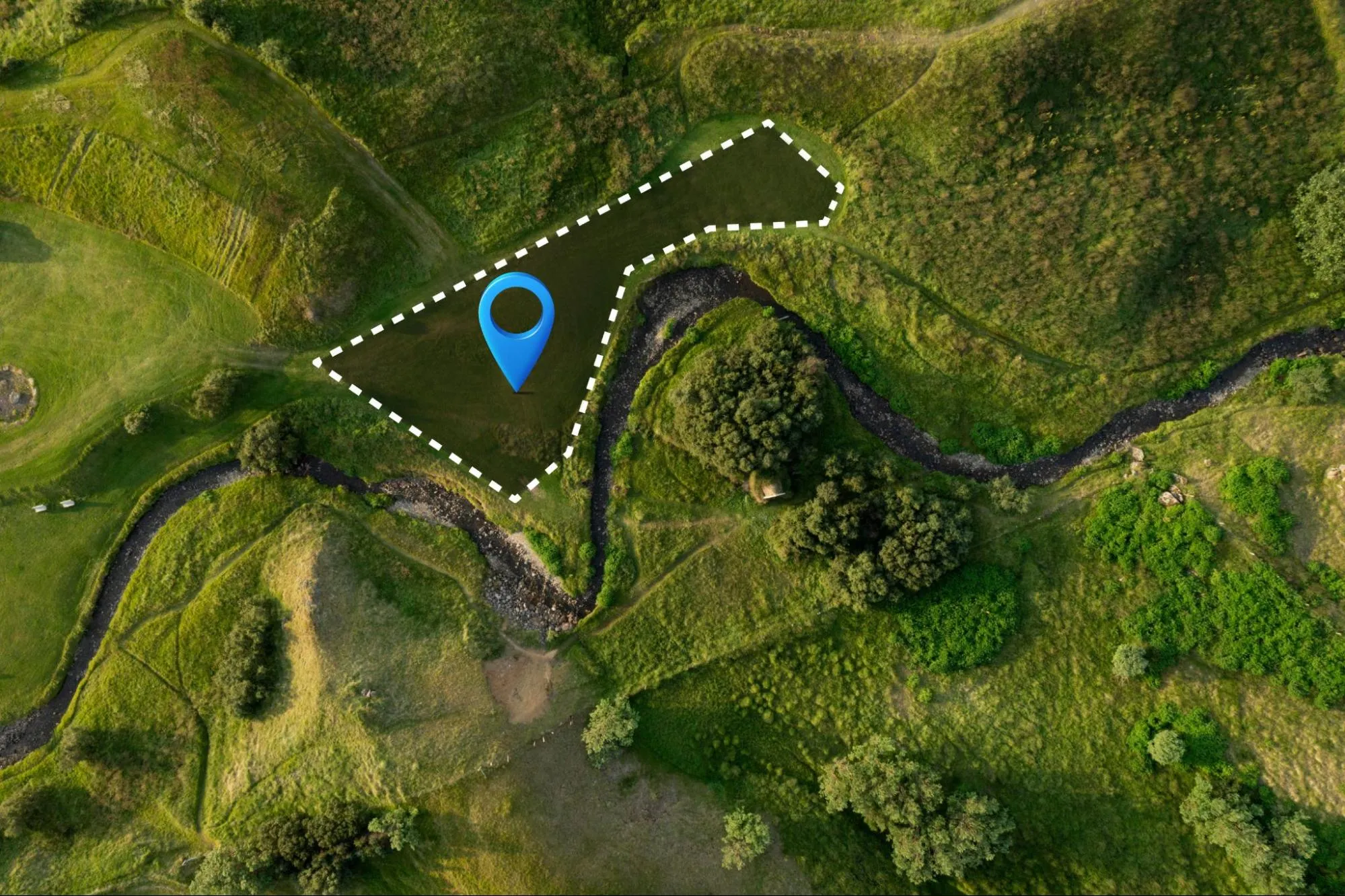
10 Things to Know About Real Estate
If you’re just starting out, here are 10 key things to know about real estate, especially relevant for buyers and investors in Montenegro:
Start with Research
Learn about the local market before jumping in. Spend time visiting neighborhoods and studying price trends.
And this doesn't mean spending an afternoon on Google. It means going to Montenegro, walking the neighborhoods, talking to locals, and understanding what's really happening.
Budget Realistically
Make sure you factor in all costs, not just the purchase price. This includes taxes, legal fees, renovations, and ongoing maintenance.
Getting a mortgage as a foreigner is difficult. Most international buyers end up paying cash, which limits your options unless you're sitting on serious money.
Understand Legal Requirements
Montenegro's laws are changing constantly as they work toward EU membership. What was legal when you started looking might not be legal by the time you're ready to buy.
Get a lawyer. A good local one to avoid surprises. And budget for their fees because they're not cheap.
Timing Matters
Finding the right property can take time.
Don’t rush; it’s better to wait for a property that truly meets your needs and goals.
And it’s not just market timing, it’s about seasonal timing. Try renting a coastal property in January.
Understanding these cycles helps you plan cash flow instead of panicking when rental income disappears for months.
Property Management
Unless you're planning to move to Montenegro permanently, you'll need local help. And finding good property managers is like finding good contractors anywhere; it’s possible, but requires patience and probably some trial and error.
Understand Taxes
Purchase taxes, annual property taxes, potential capital gains taxes when you sell.
None of them is individually devastating, but they add up. And you have to keep up with the changing rules, too.
Define Your Goal
Make sure you have a defined goal for buying a property.
Clarify why you’re buying. Is it for investment, lifestyle, rental income, or retirement? Your reason will shape your strategy. Whether you're planning to sell it in five years, pass it to your kids, or hold it forever, that decision should influence what you buy and how you manage it.
Infrastructure Changes
New roads, better airports, and improved utilities can turn a sleepy area into a hot market quickly. But they can also bypass areas that seemed promising, leaving you with expensive property nobody wants.
Tourism Impact
Montenegro's economy runs on tourism, especially coastal areas. When tourism booms, everything booms. When it slumps, everything feels it.
Understanding tourism trends isn't just helpful, especially in a place like Montenegro, it's essential.
Understand Market Cycles
Real estate markets rise and fall. Try to buy during a quieter period when prices are more negotiable.
Why Montenegro Is Different
Montenegro isn't just another European real estate market.
It's got this unique mix of political stability, EU prospects, and prices that haven't completely lost touch with reality yet.
The tourism boom keeps growing. Better flights, international marketing, and word-of-mouth from visitors all add up to more demand for accommodation, which supports both rental markets and property values.
But you can't just apply strategies that work in other countries and expect success here.
The permit process works differently. Local customs matter. Relationships still count for a lot in business dealings. Understanding these nuances makes the difference between success and expensive lessons.
Working with local professionals is mandatory if you want to succeed. They understand the regulatory landscape, can navigate bureaucratic challenges, and often know about opportunities before they hit the international market.
Real Estate in Montenegro

Success in Montenegro real estate comes from combining realistic expectations with solid local knowledge and professional guidance. The opportunities are real, but so are the challenges.
Figure out what you actually want to achieve. Matching your approach to your goals prevents expensive mismatches.
Understanding real estate takes time and experience, but these fundamentals give you a foundation for navigating Montenegro's real estate market. Stay informed, work with knowledgeable partners, and be ready to adapt as conditions change.
If you’re ready to explore your options, contact our team today. We’re here to answer your questions, show you the best opportunities, and guide you every step of the way.
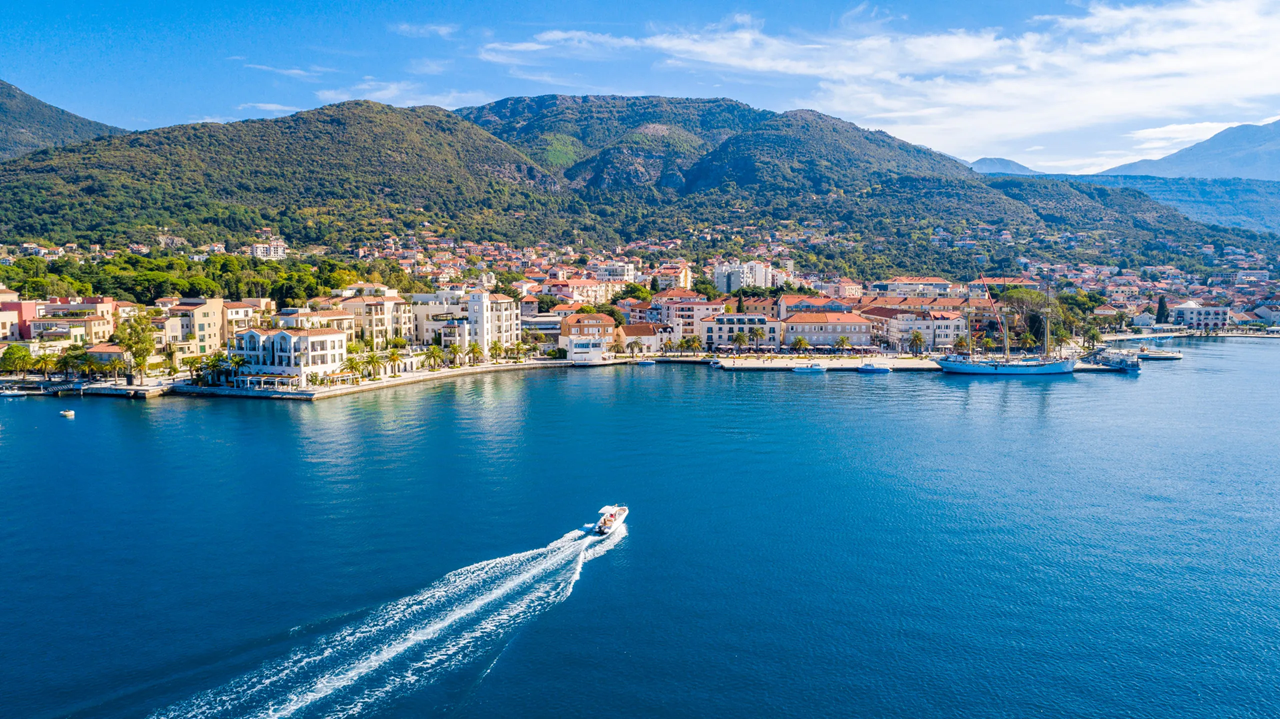

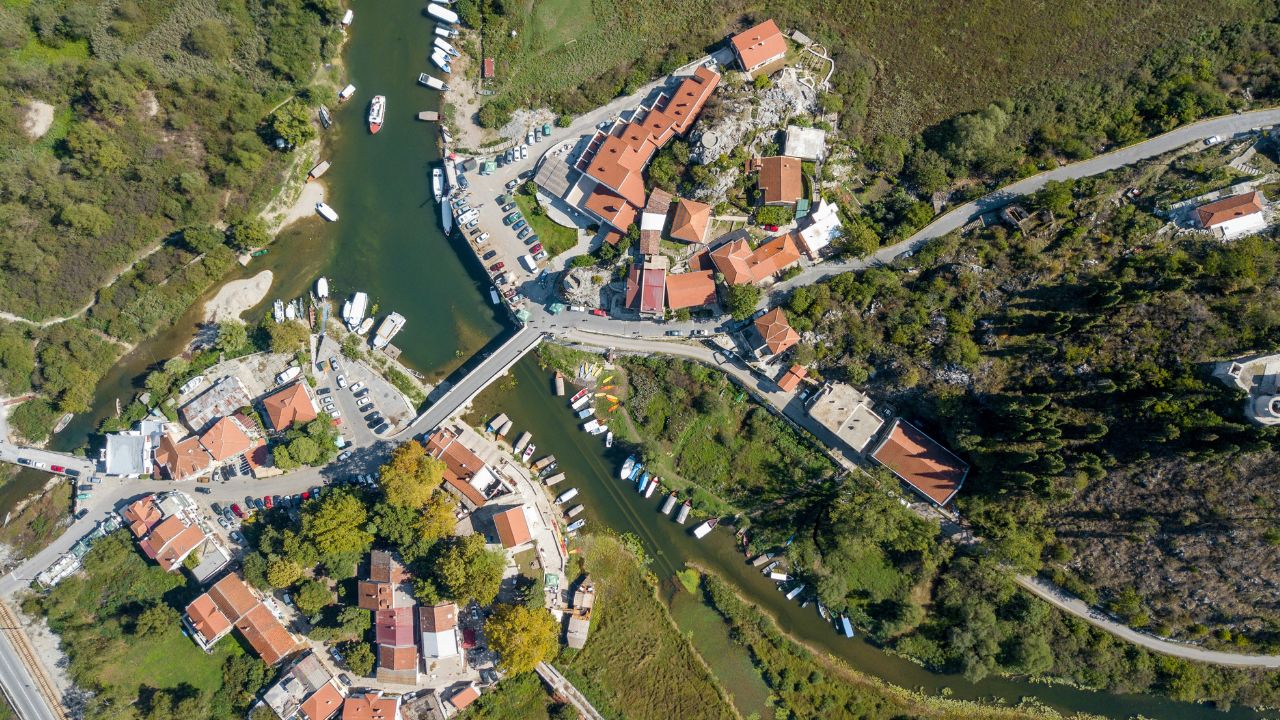
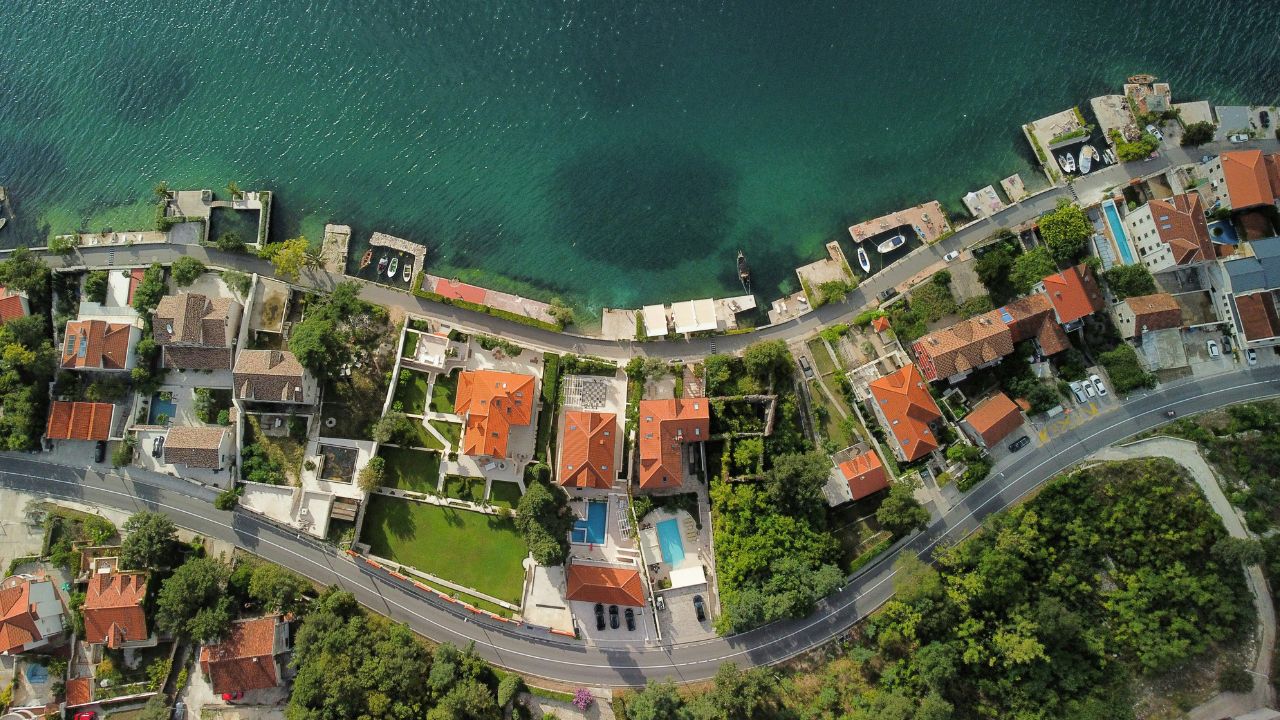



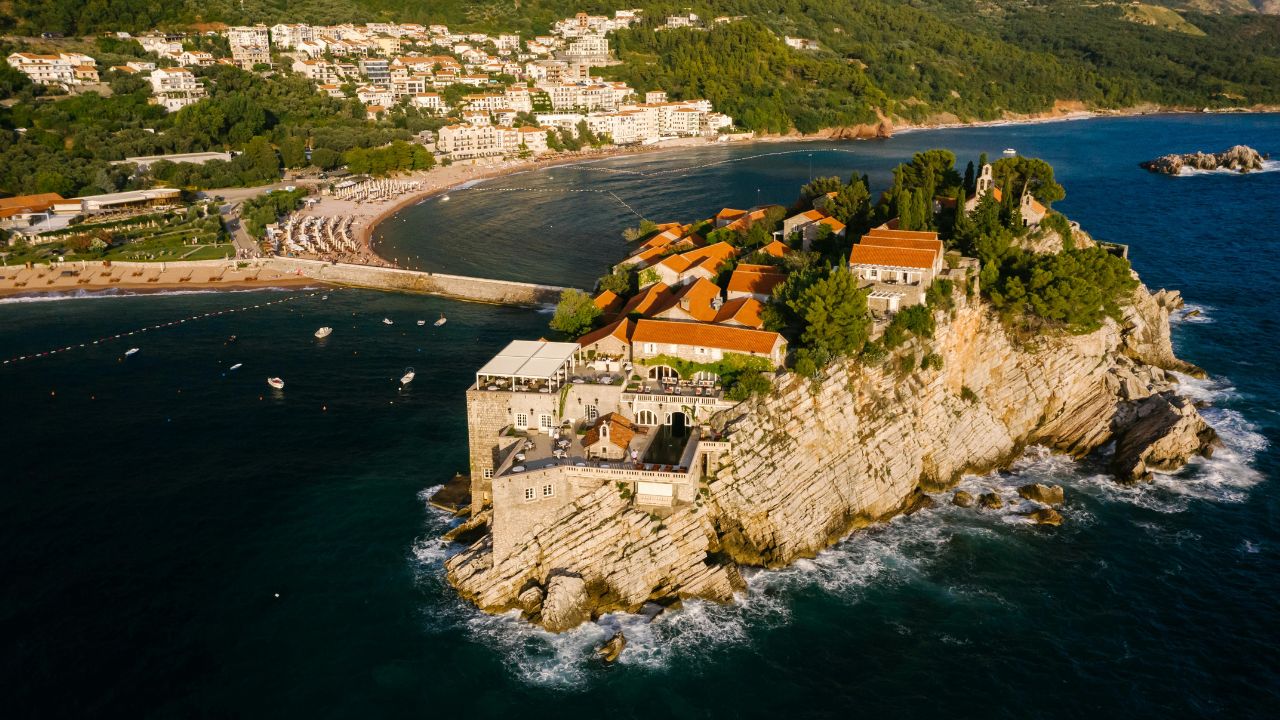








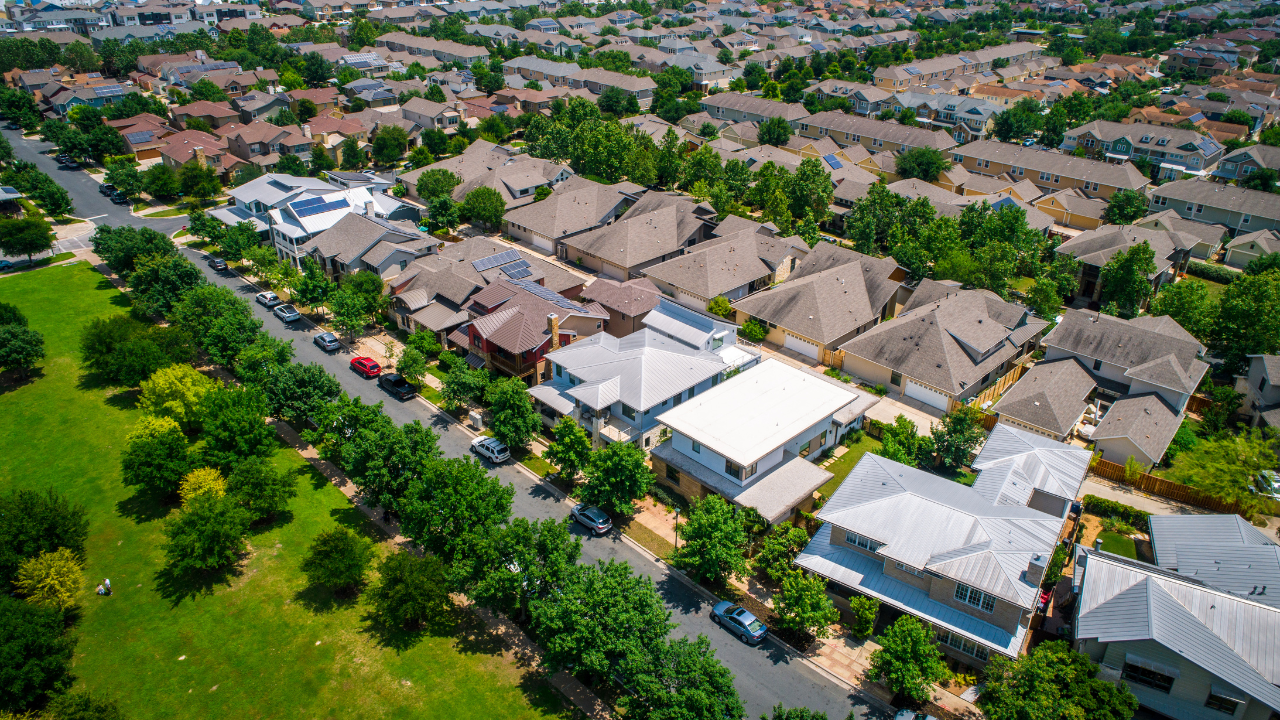
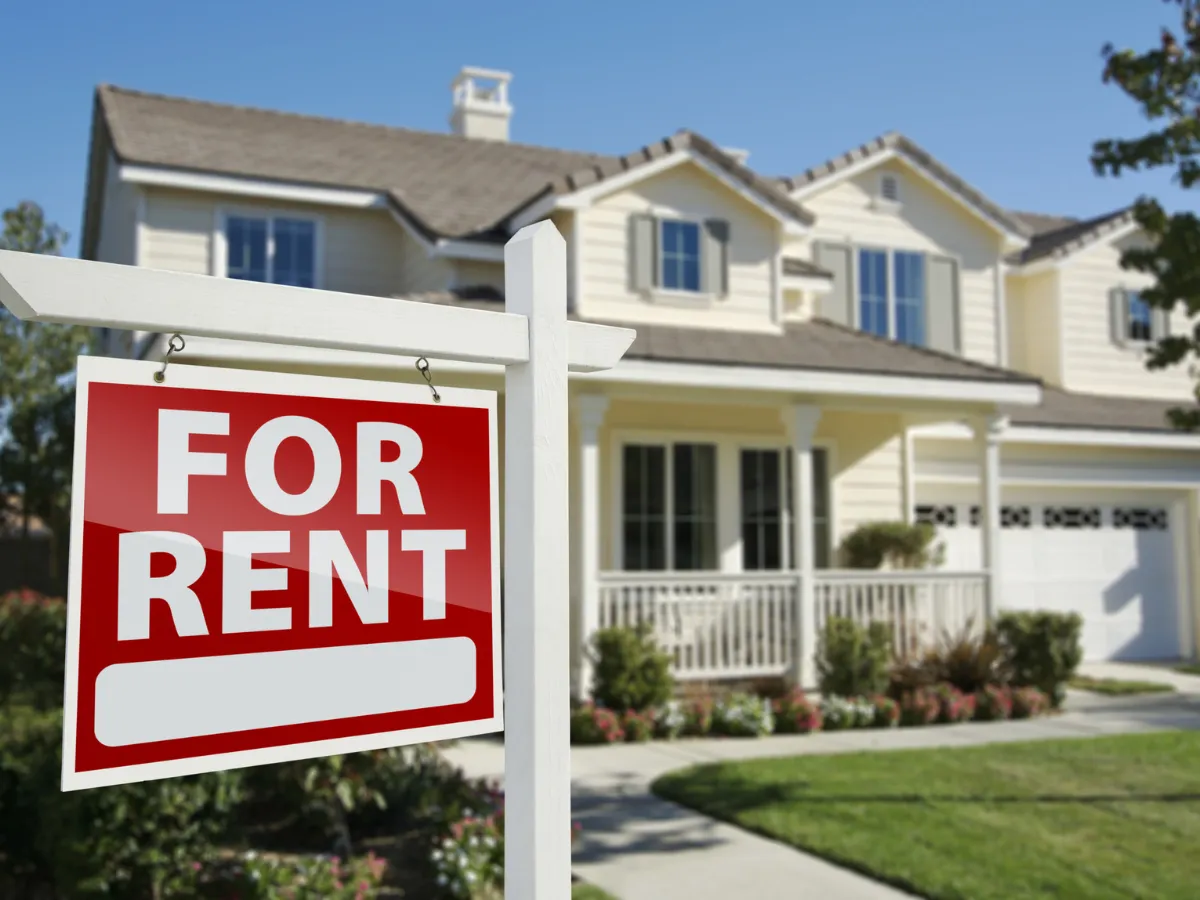
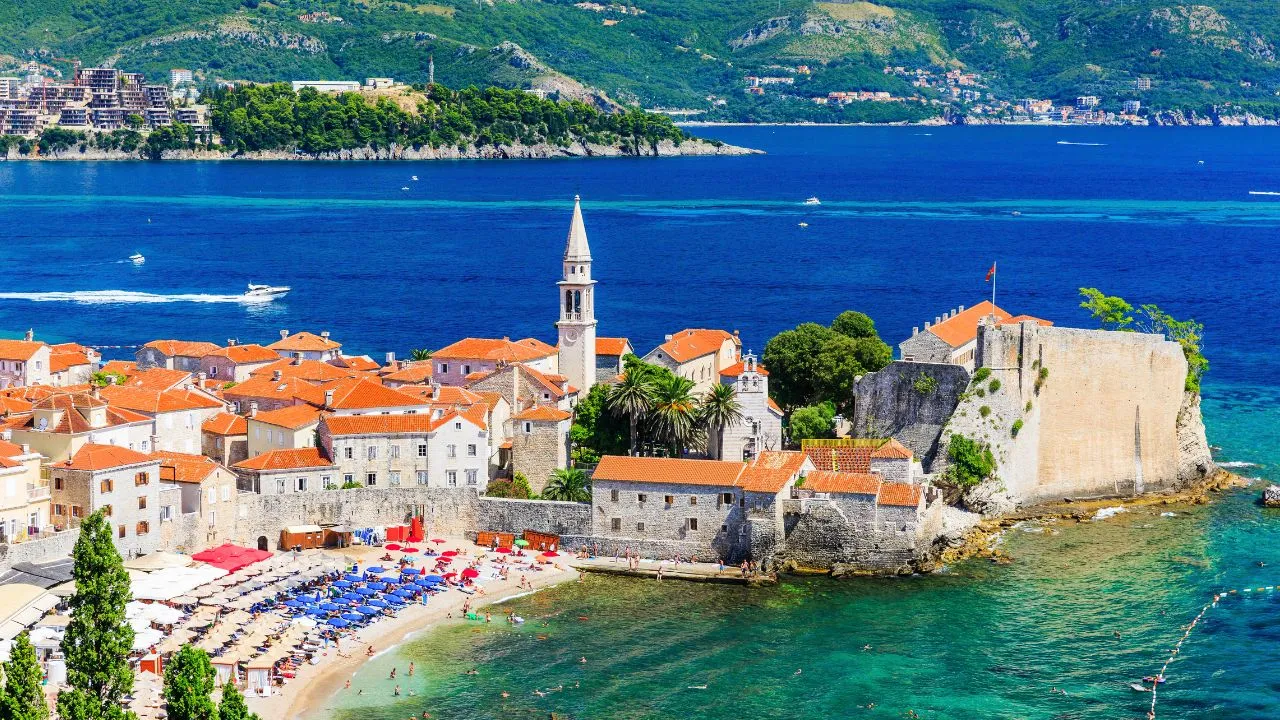




















.webp)

.webp)
.webp)

.webp)

.webp)
.webp)
.webp)

.webp)
.webp)
.webp)
.webp)

.webp)
.webp)
.webp)
.webp)
.webp)
.webp)
.webp)





.webp)

.webp)



















.avif)